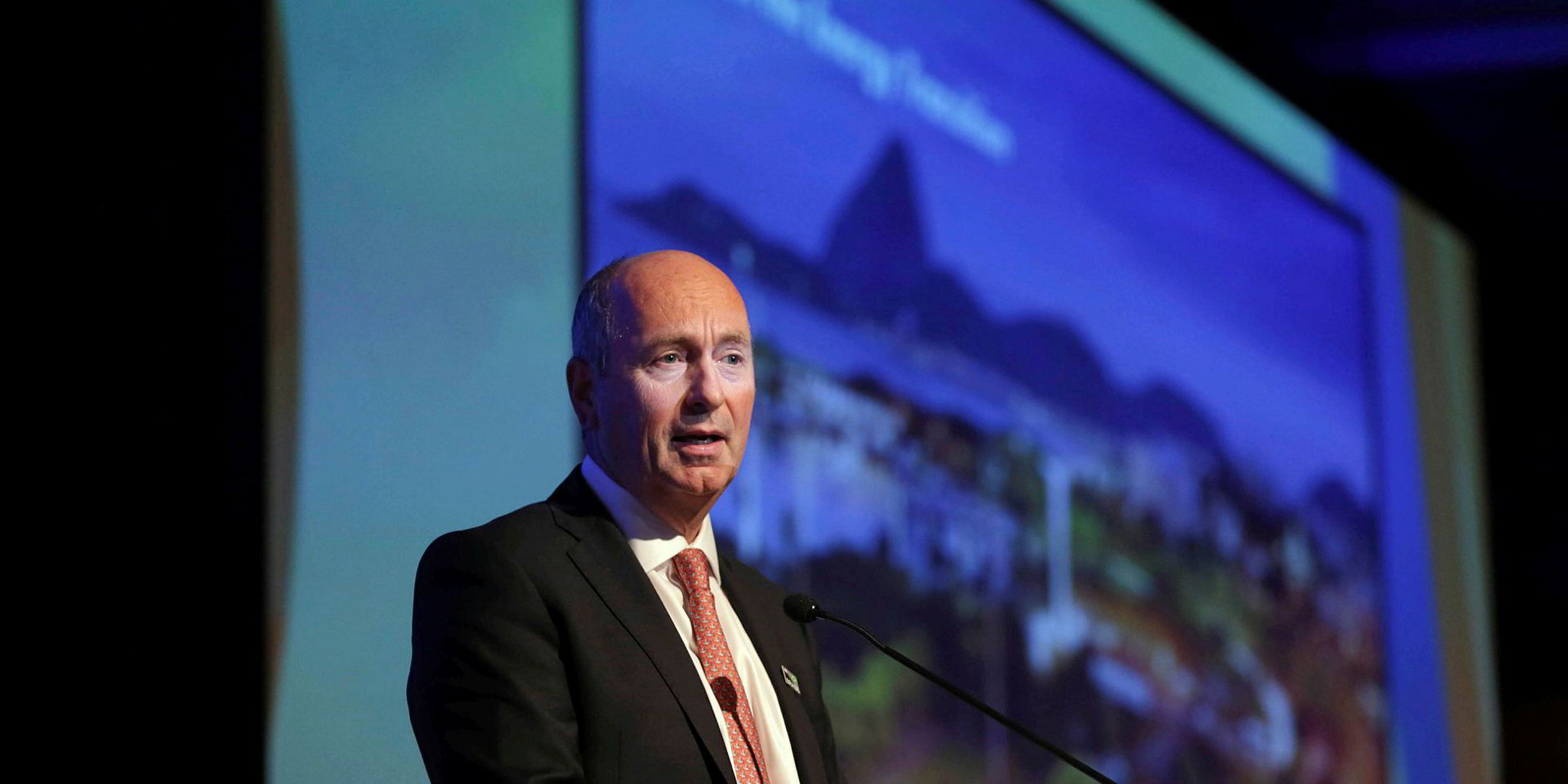Shell this week signed production sharing contracts for two blocks off Mauritania, marking the Anglo-Dutch supermajor's entry into the high-potential West African Margin.
Shell will take operatorship of offshore blocks C-10 and C-19, which lie in water depths ranging from 20 metres to 2000 metres.
Previously held by Tullow Oil, the PSC for C-10 covers a newly expanded block drawn to absorb previously designated C-28 and C-29.
